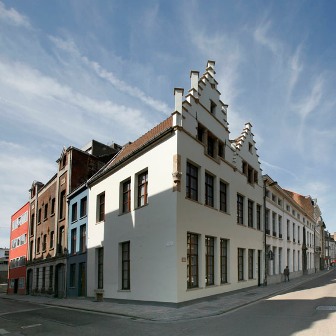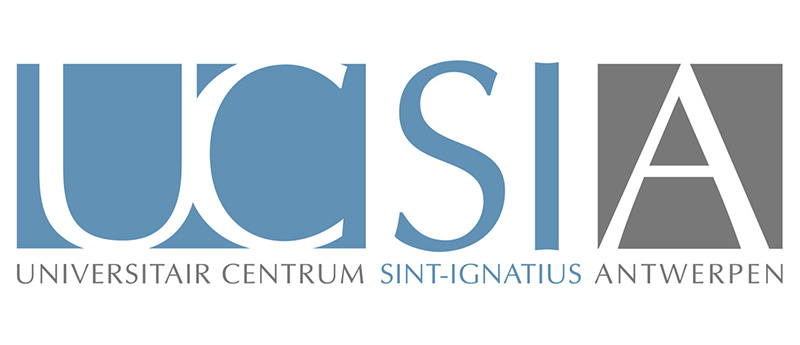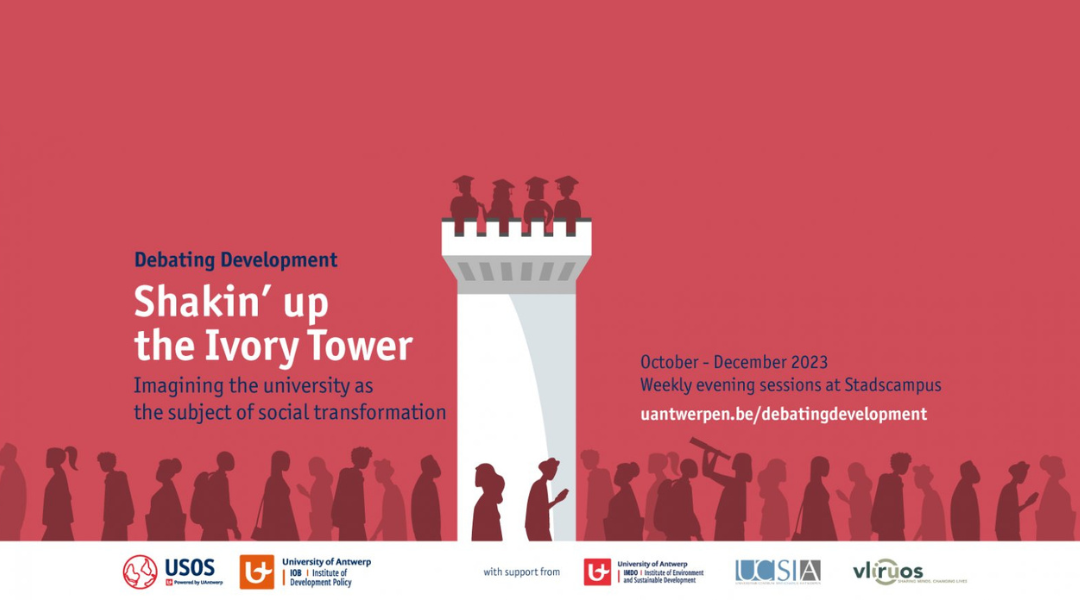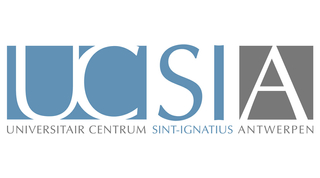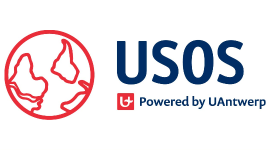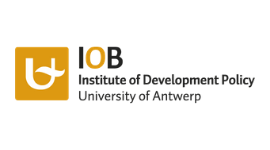The Responsibilities of Higher Education
Community Engagement towards Social Justice
Universities and higher education institutions around the world have been called to (re)consider their role in society, to evaluate their mission, their relationship with various internal and external stakeholders, as well as their contribution to democratic and sustainable society. Since higher education institutions operate via public investments, they are expected to create added value and benefits for the communities and the society they reside in. This endeavour for more university community engagement is often referred to as the ‘third mission’ of universities, next to their traditional focus on research and education. Though, if universities really want to become socially responsible and engaged with society, these values should be reflected in all of their practices, objectives and goals. Rather than supplementing research and education, community engagement then becomes integrated within these missions, grounding research and education acting in real-life problems and needs from society, with continuous stakeholder-involvement.
Mission statements, websites and promotional materials of higher education institutions often underline their commitment towards community engagement, though implementation in practice of this commitment remains wanting. While the ‘community engagement’ concept strives for a commitment of the university towards social justice, it entails the risk of being a marketing strategy to secure funding and students, with little benefit for the community. Flemish universities are no exception in this. While our universities voice a desire for collaboration with the community, many barriers are still in place and universities struggle in connecting with communities and society as a whole.
In this session, we explore the thresholds and opportunities for community engagement within (European) universities. Community engagement through research and education for socially responsible and active citizenship and sustainable development is discussed in response to the pressures the academic community is faced with in striving to become more sensitive and responsive to society’s complex reality and social problems.
Specific attention will be paid to the service-learning pedagogy as a possible means of engaging students and stakeholders in addressing community-defined needs and creating university-community partnerships that may contribute to a more just society.
- What is needed for universities to integrate their ‘third mission’ within the other two (research and education) for a more holistic response to challenges in society?
- What does university-community engagement imply and what concrete forms does it take?
- How can mutual benefits in university-community partnerships be guaranteed?
- How can we stay aware of and address the pitfalls that arise from an uneven playing field, unequal partnerships and the lack of experience of students and university staff (including professors and other ‘experts’) in dealing with injustice?
This programme is part of the 2023 Debating Development Series ‘Shakin’ up the Ivory Tower: Imagining the university as the subject of social transformation’. Find the full programme here!
Date & Time
Tuesday 28 November 2023
6.30 – 8.30 p.m.
Location
University of Antwerp
Auditorium R.002
Rodestraat 14, 2000 Antwerp
Registrations
Free entrance.
Please register online in advance !
Programme
Welcome by Barbara Segaert, Project Coordinator Europe & Solidarity, UCSIA
06.35 p.m.
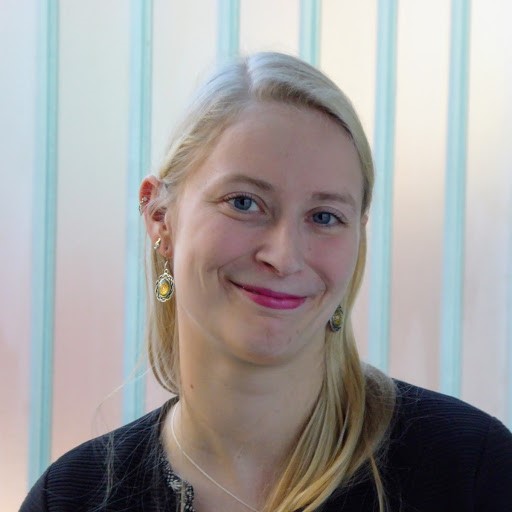
Introduction by moderator Kaat Somers, Project Coordinator Education & Service Learning, UCSIA
Kaat Somers works at the University Centre Sint-Ignatius Antwerp (UCSIA) as coordinator of the Flemish Network for Service-Learning in Higher Education and the European Assocation for Service-Learning in Higher Education (EASLHE). She has expertise in service-learning and community engagement in higher education in Europe and Flanders in particular. Previously, she worked as a teaching assistant at the Centre for Sociological Research at KU Leuven. Kaat holds a teacher’s degree (University of Antwerp) and a master’s degree in Social Work and Social Policy (KU Leuven).
06.40 p.m.
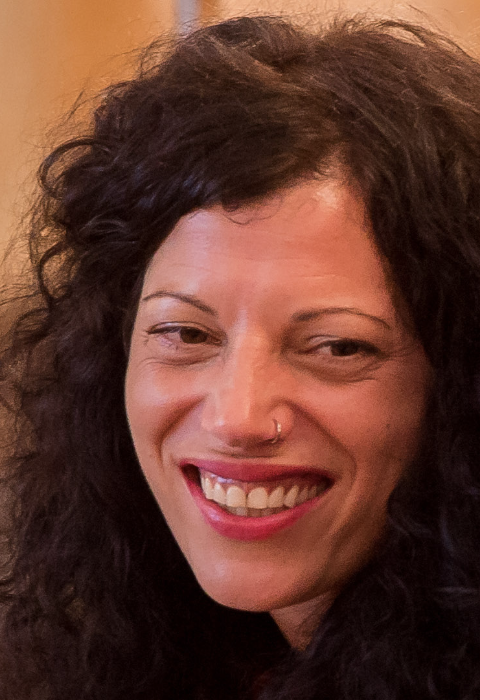
Lecture ‘Why University-community engagement matters’
by Bojana Ćulum Ilić
Associate Professor at the University of Rijeka (UNIRi), Croatia, at the Faculty of Humanities and Social Sciences, Department of Education
Bojana Ćulum Ilić works as associate professor at the University of Rijeka (UNIRi) in Croatia, at the Faculty of Humanities and Social Sciences, Department of Education. Her research interests lie at the intersection of engaged university, engaged teaching and learning pedagogy, and youth civic education, while her teaching follows community-engaged pedagogy. At UNIRi, she initiated policies related to service-learning and was engaged in creating the University Charter on Formal Recognition of Students’ Competences Gained through Community-Based Engagement.
She is a member of the European Association of Service Learning in Higher Education, Central and Eastern European Network for Service-learning, the UNISERVITATE Catholic network and has been engaged in several EU funded projects focused on university community engagement and service-learning development in the EU. She is one of the experts that contributed to the development of TEFCE Toolbox – the first and only (European) institutional self-reflection framework for community engagement in higher education
07.20 p.m.
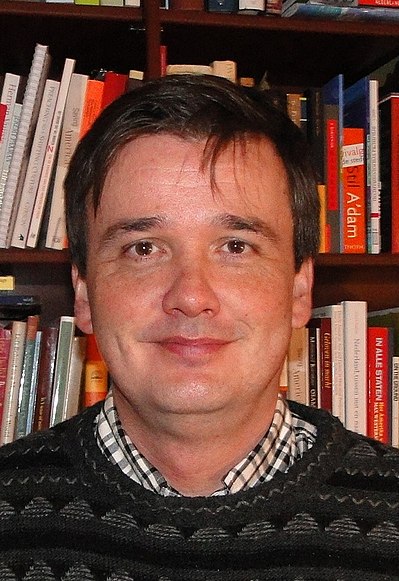
Response by James Kennedy
professor modern Dutch history & Community Engaged Learning, Utrecht University, the Netherlands
James Kennedy is professor of modern Dutch history and professor of Community Engaged Learning at the Utrecht University in the Netherlands. In his inaugural lecture in November 2022, Kennedy highlighted the importance of community involvement of universities by putting this concept into a historical perspective, and is himself an instructor in service-learning courses. He is also Dean at Utrecht charged with the responsibility of giving service-learning a greater place in the curriculum.
07.40 p.m.
Partners
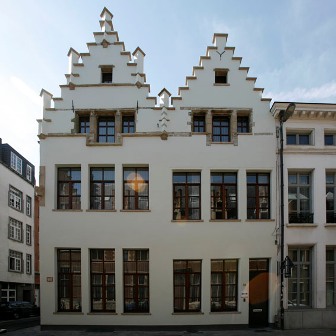
UCSIA
Koningstraat 2
B-2000 Antwerpen
info@ucsia.be
Tel. +32 (0)3 265 49 60
Voorlopige locatie tijdens de renovatiewerken:
Blindestraat 14, 2000 Antwerpen
